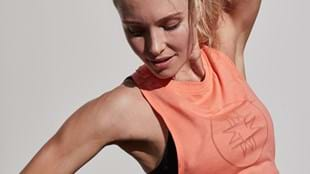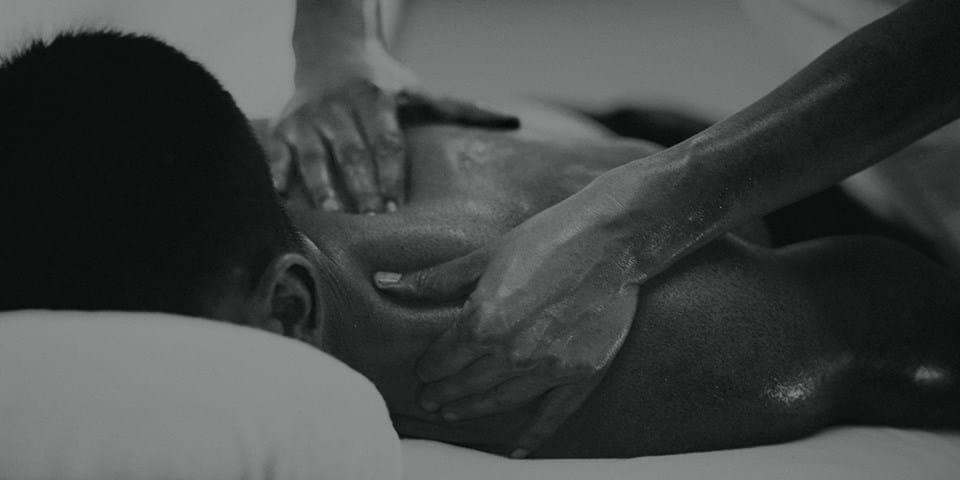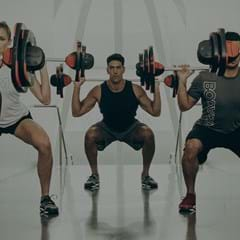Read on and you’ll discover:
• What happens to your body when you consume alcohol
• Whether exercising after a big night out is a smart move
• Tips for balancing fitness and social commitments
If you’re keen to survive the ‘silly season’ without packing on the pounds or suffering multiple hangovers, it’s important that you know exactly how excessive partying affects your body.
Prof David Cameron-Smith is an expert in fueling our bodies for optimal health. We spoke to him about how overindulgence can impact your health, collecting some interesting facts that will motivate you to make the most of the festivities while keeping your partying in check.
What does alcohol actually do to you?
DCS - One way to change the way we think about booze might be to know more about it and what it does to the body. Alcohol (ethanol) is, in fact, a neural depressant and toxin. It’s the most widely consumed one because, by some quirk of chemistry, a little bit has the opposite immediate effect and delivers short-term euphoria and a sense of relaxation. You feel good. Just a single drink can turn the boring into the hilarious, or provide much-needed stress relief after a hard day in the office.
But just as the fun starts, unfortunately, the effects of alcohol tip the brain into a dangerous and sometimes deadly spiral. Alcohol’s depressive effect works first on the inhibitory parts of the brain – the parts that would normally control your careful and cautious side. As many of us have learned the hard way, with just a few drinks, crazy things are said and done. At the same time, libido (sex-drive) experiences a sudden up-swing. You can guess the rest!
By the same token, like a switch being flicked, alcohol’s inhibition of the cautious side of the brain can also lead to anger, violence and potentially deadly risk-taking behaviors. With each drink, those dangers become more acute, unpredictable and dangerous.
Slurred speech, loss of physical control and impaired vision are signs that alcohol now has full reign to suppress neural pathways. The fun has stopped, and your brain is now experiencing a major ‘downer’. You’ve overdone it. Go to bed.”
But research shows that a modest amount of alcohol is okay, hasn’t it?
DCS - Alas, not really. In trying to explain why the French have lower rates of heart disease than the US population, researchers initially focused on the differences in red wine intake. Modest amounts of alcohol – and not just red wine – is known to improve good cholesterol (HDL-cholesterol) levels, and may improve blood flow. However, other major differences between the populations were ignored. The French were much thinner and fitter than the US population. From all the detailed studies on population, what stands out as the most important predictor of long-term heart health is the amount one exercises – not the amount of red wine they drink.
So let’s talk hangovers. What exactly is a hangover?
DCS - As the old joke goes … Q: What’s good for a hangover? A: Drinking heavily the night before. A hangover is the combination of the lasting effects of the inhibition of brain activity, the toxins produced by metabolizing alcohol, dehydration and lack of sleep. Despite the myriad folk remedies out there, only rehydration and time (including sleep) will truly cure a hangover.
If you’ve had a big night can you sweat out of your system?
DCS – Sure it might make us feel virtuous after a night of excess, but in reality it’s not a good idea to exercise with a hangover. Even modest dehydration will compromise performance and mental judgement, and will impair the ability to exercise or compete. At the same time, the circulating levels of the toxin acetaldehyde make it difficult for the liver to control blood sugar levels. So, no amount of post-binge exercise is going to undo the damage from the night before.
Despite the myriad folk remedies out there, only rehydration and time will truly cure a hangover.
Once you’ve ticked off your workout, surely it’s okay to relax with a drink or two?
DCS - Again, the news isn’t great. After exercise, the repair and re-synthesis processes take several hours to days. Alcohol’s dehydrating effects and its ability to impair liver function compromise our ability to replenish the stores of glycogen (sugar) needed for aerobic activity. Alcohol also directly interferes with the protein synthesis pathways in muscle, reducing the ability to repair and rebuild muscles after exercise. If you want to get back into your best shape, having a drink after exercise is not the way to achieve it.
Keen to start making smarter drinking decisions? Check out the truth about healthy alcohol options here.
TOP TIPS FOR BALANCING FITNESS AND FESTIVE COMMITMENTS
- Consider exercising in the morning, before any social commitments get in the way
- Schedule workouts for a consistent time. Research links this to increased results, as you’re less likely to be ‘squeezing a workout in’ and therefore reducing intensity or length
- Don’t stress that you're missing your routine, a break or a change can be good for your body
- Short workouts can work wonders – choose quality over quantity and you can get it all in 30 mins
- Remember, any physical activity is valuable, so prioritize going for a walk with a friend or playing family games over drinking and eating
- Know that the science of Non-Exercise Activity Thermogenesis can help you increase calorie burn, even if you’re not working out. Learn more about NEAT here.

Professor David Cameron-Smith is a regular Fit Planet contributor. A transplanted Australian living in New Zealand, he obtained a PhD in nutritional biochemistry from Deakin University, and undertook postdoctoral training at the Royal Prince Alfred Hospital, Sydney. His research interests include the importance of nutrition in the maintenance of optimal health in an ageing population, and the impact of nutrition in regulating the function of muscles.








